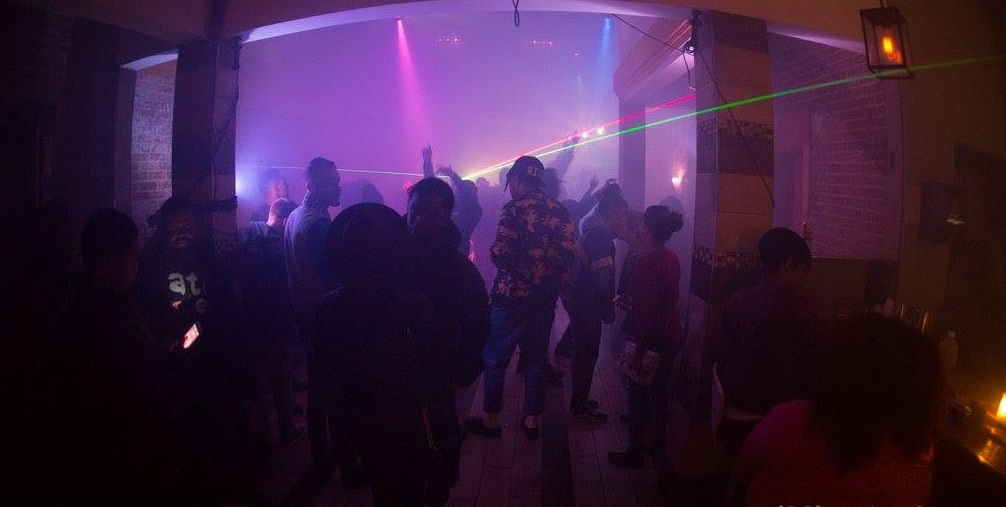After Oakland Fire, Atlanta Party Scene Reflects On Culture

Bonfire ATL
Atlanta’s party organizers have been taking stock since learning about the tragic fire in Oakland.
Investigators in Oakland, California, are looking for the cause of the fire at an arts and event space that killed more 36 people last week.
Atlanta has its share of underground venues and parties as well. Jaeson Williams, who goes by “Dirty,” runs some of them. He says his events regularly draw crowds of more than 500.
One recurring party called Bonfire ATL features, as advertised, a fire. So for Williams and his partners, safety has always been huge.
“We have EMTs; we have fire repression; we have so many things that we really try to work on,” said Williams. “Even though it’s a party and it may be a warehouse party, you still have a responsibility to your patrons.”
He’s adamant that underground spaces like the ones he runs are where the richness of a city’s culture are most on display.
“Hip-hop itself started at house parties,” said Williams, describing the way electricity from the street would sometimes be rigged up to indoor sound systems. “Remarkably dangerous and frightening, but that’s what makes it exciting. That’s what makes people want to go and venture out.”
It’s something pure, he added.
“I think it’s a misconception that the DIY scene is just about partying,” said Elizabeth Jarrett, who runs the arts and performance space Downtown Players Club.
Jarrett sees spaces like hers as educational and cultural facilities – ones she thinks could use more active support from the city.
She says that, like in the Bay Area, there’s an ongoing tension in Atlanta between the creative community and new development, especially around the incoming stadium.
“Right now it feels like there’s kind of like a power struggle going on in South Downtown where we are,” said Jarrett.
Kyle Kessler is an architect who is also with the Center for Civic Innovation, which supports community-based entrepreneurs.
“The reason these spaces are being occupied is because they are cheaper, and the reason they are cheaper is because they might not be as leasable to a market rate tenant,” he said.
Kessler says he actually thinks Atlanta’s new building codes adopted just last month are a move in the right direction. They allow more flexibility for property owners looking to renovate older buildings without having to an entire, costly retrofit.
9(MDAxODM0MDY4MDEyMTY4NDA3MzI3YjkzMw004))








